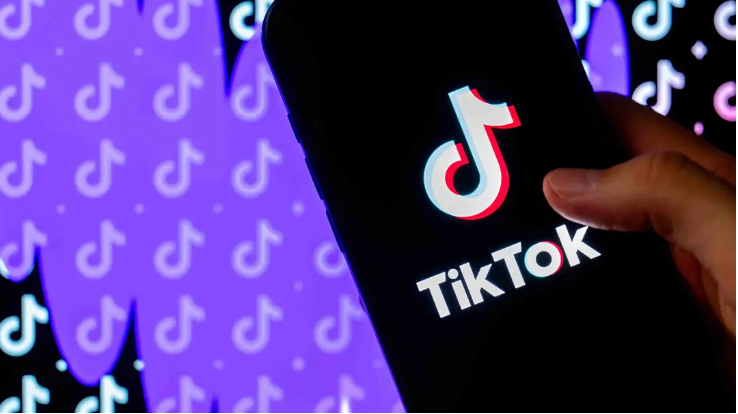US Supreme Court Fast-Tracks TikTok Ban Challenge
The US Supreme Court (SCOTUS) has agreed to hear TikTok's challenge to a federal law that could ban the app nationally, scheduling oral arguments for Jan. 10.
Facts
- The US Supreme Court (SCOTUS) has agreed to hear TikTok's challenge to a federal law that could ban the app nationally, scheduling oral arguments for Jan. 10.[1][2][3]
- The law, signed by Pres. Joe Biden in April, requires TikTok's Chinese parent company ByteDance to sell the platform to an American company by Jan. 19 or face a nationwide ban.[2][4][5]
- TikTok, which has approximately 170M users in the US, argues that the ban violates First Amendment rights and would devastate millions of businesses that rely on the platform.[6][7]
- Pres.-elect Donald Trump, who previously backed a TikTok ban, has recently expressed support for the platform and met with TikTok CEO Shou Chew at Mar-a-Lago in Florida on Monday.[2][8]
- ByteDance maintains that a forced sale is not feasible commercially, technologically, or legally, with China vowing to block the sale of TikTok's algorithm.[5]
- Though the ban would hold while SCOTUS considers the arguments, the expedited timeline allows for a potential ruling before the law takes effect.[3]
Sources: [1]The New York Times, [2]CNN, [3]SCOTUS Blog, [4]Forbes, [5]CBS, [6]Variety, [7]FOX News and [8]Time.
Narratives
- Pro-establishment narrative, as provided by The National Interest and SCOTUS Blog. This law represents a carefully crafted, bipartisan effort to protect national security from well-substantiated threats posed by Chinese control of the platform, including potential data collection and content manipulation targeting American users. SCOTUS must carefully consider the arguments.
- Establishment-critical narrative, as provided by South China Morning Post. The unprecedented attempt to shut down one of America's largest speech platforms violates constitutional rights, devastates legitimate businesses, and lacks concrete evidence of actual security threats. With a forced sale impossible to execute, there's little doubt that the court will rule the ban illegal.







